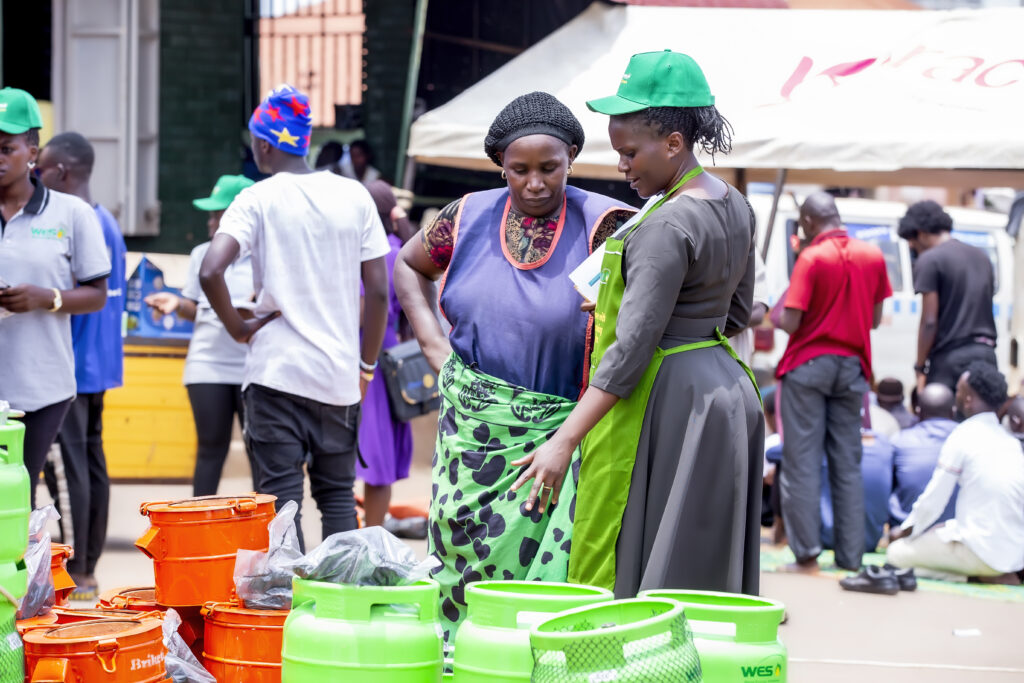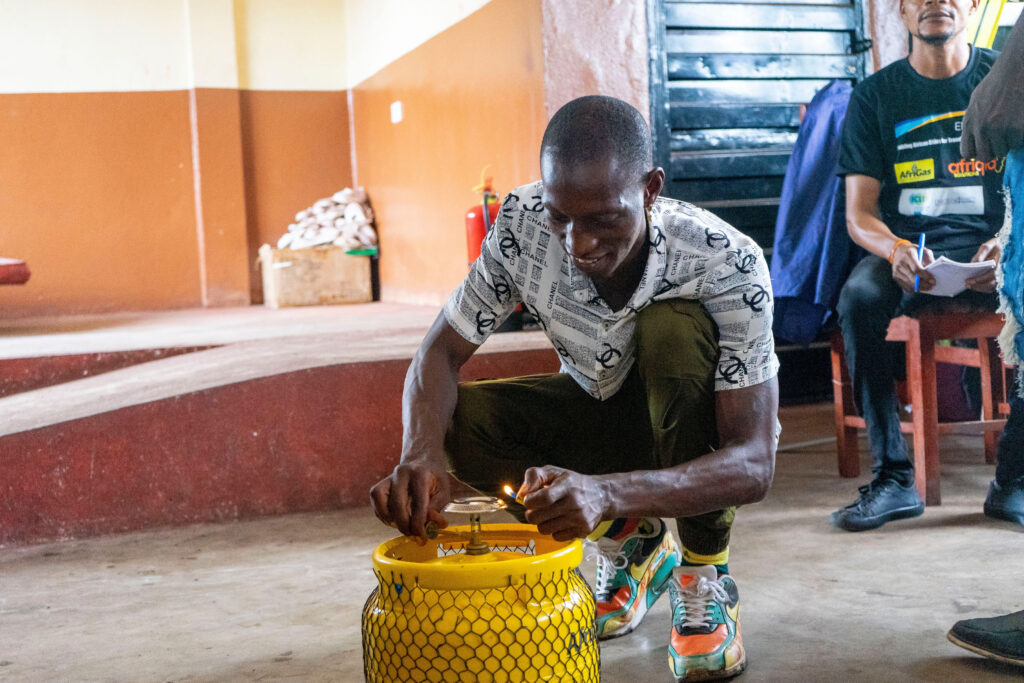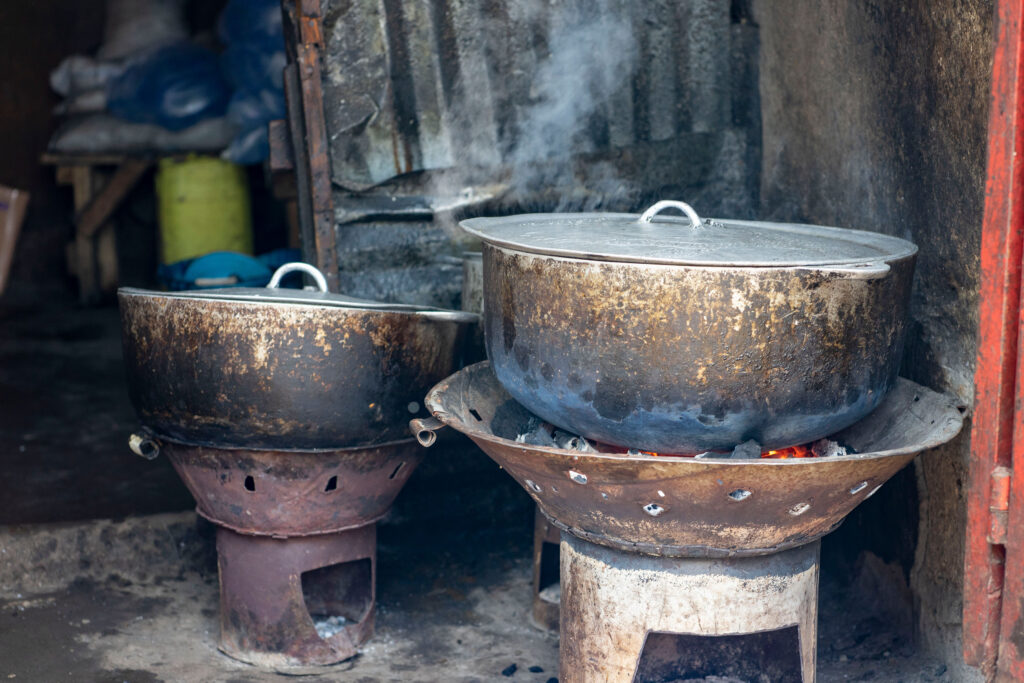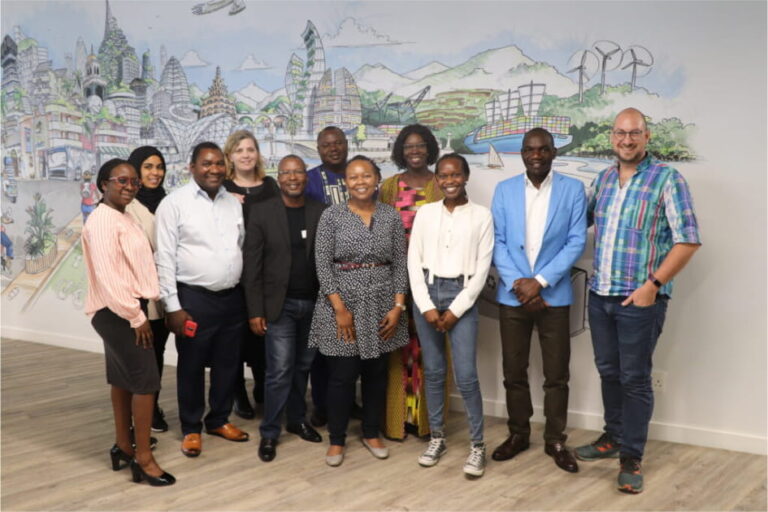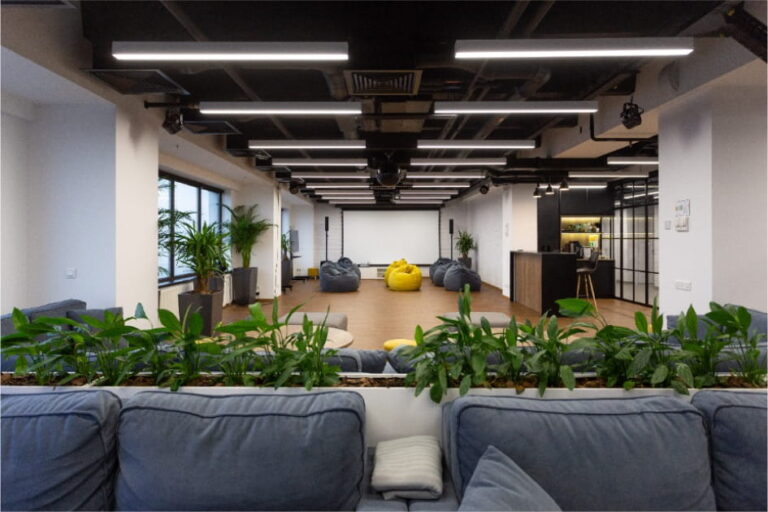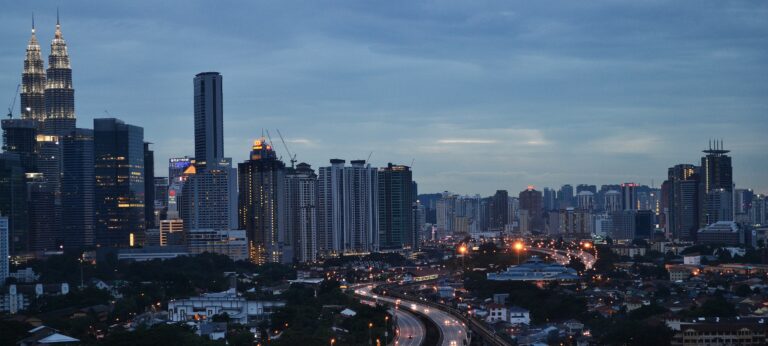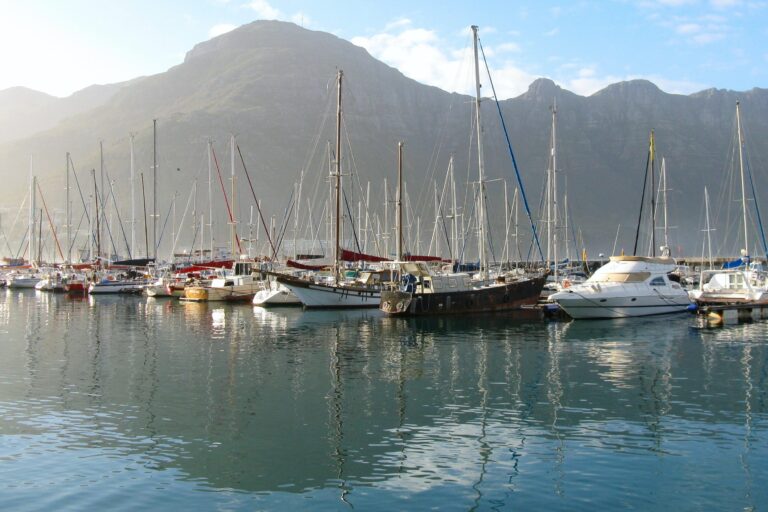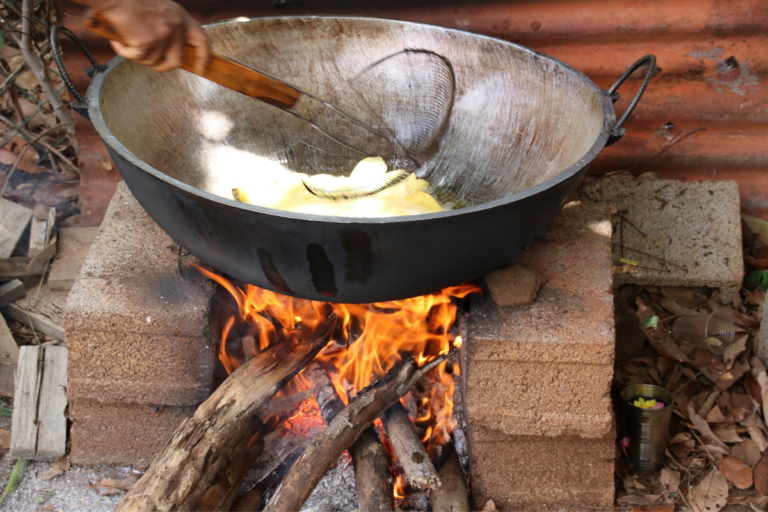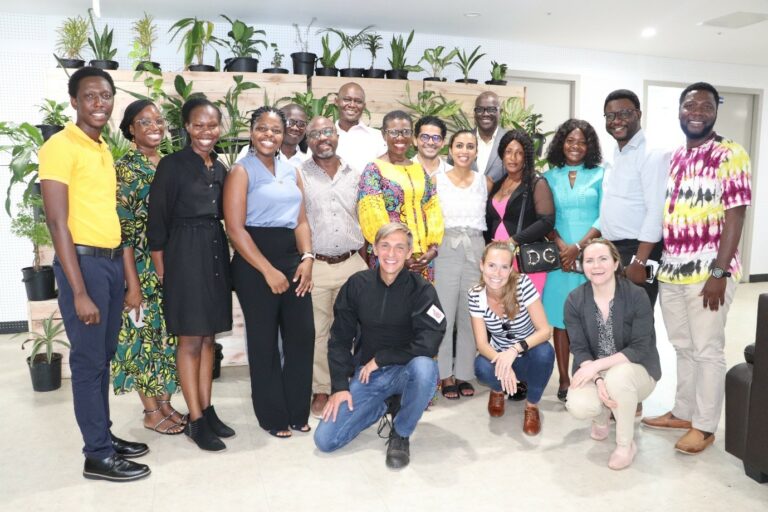Enabling African Cities for Transformative Energy Access
We create an enabling environment to provide adequate, safe, reliable, clean and affordable access to energy to the urban poor in informal settlements.

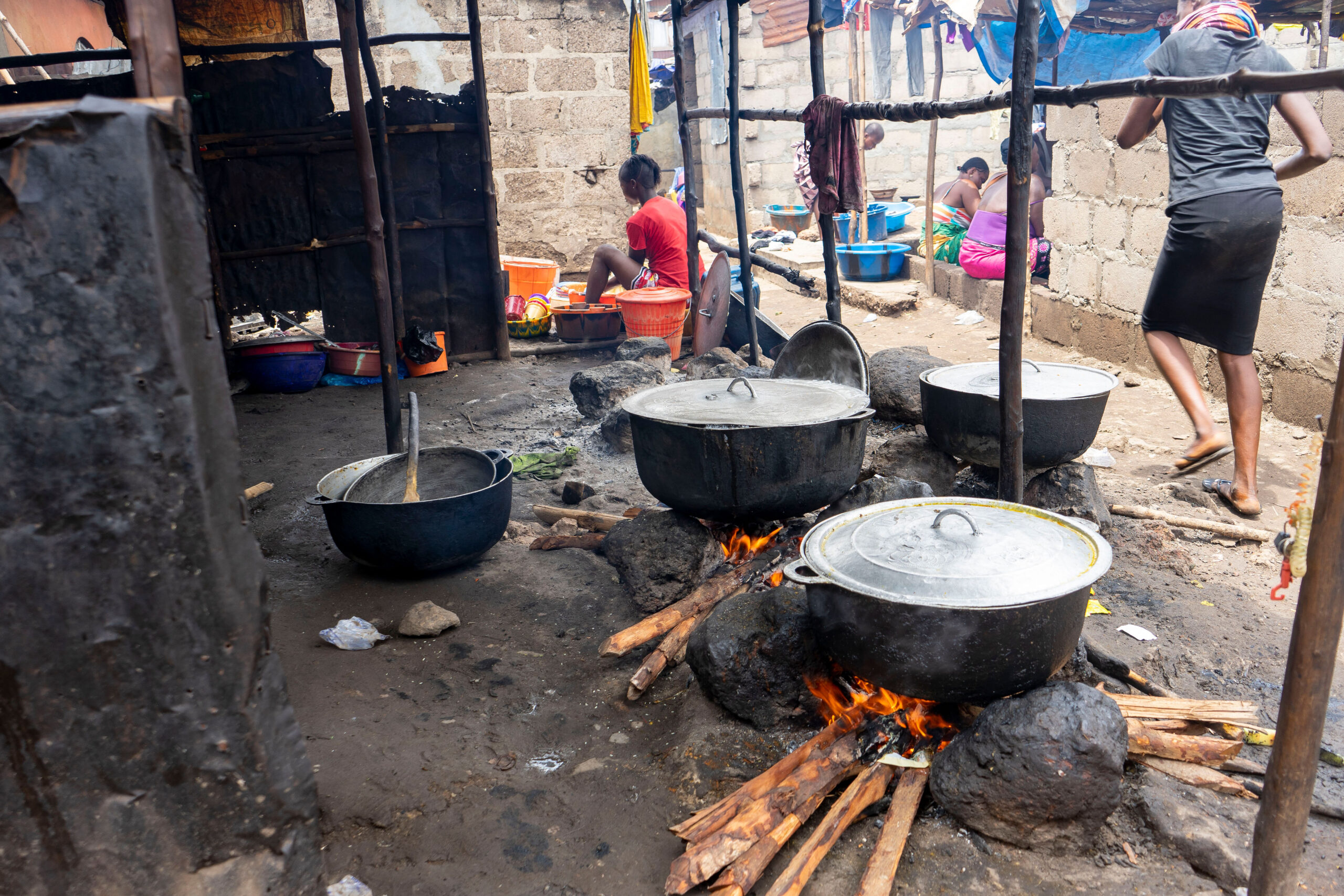

Years active:
2020 - 2024
Related ICLEI Pathway(s)
Locations
Funded by
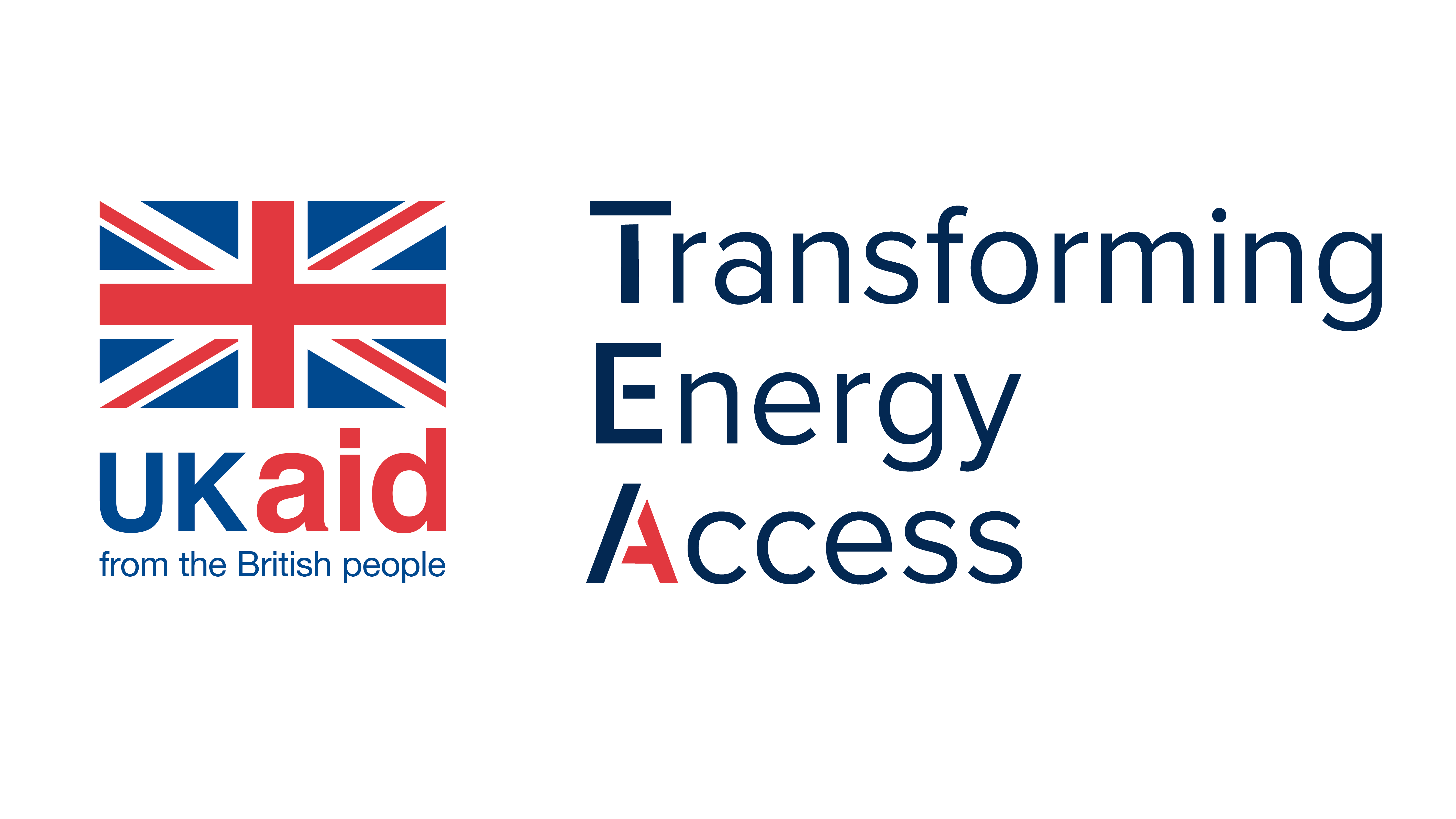
About
Project summary
Africa’s urban population boom will exacerbate the demand for energy. Despite international efforts in meeting the United Nations Sustainable Development Goals (SDGs), challenges remain in terms of achieving the ambitions set out in SDG 7: Ensure access to affordable, reliable, sustainable and modern energy for all. Lack of access to a reliable energy sources is the primary barrier towards growth for many African businesses and economic sectors.
The Enabling African Cities for Transformative Energy Access (ENACT) project will work with local governments to create an enabling environment to provide adequate, safe, reliable, clean and affordable forms of energy to the urban poor residing in informal settlements and slums Kampala and Freetown.
By partnering with the private sector, local governments and national energy ministries, it is anticipated that ENACT will improve access to clean cooking and provide lighting solutions to at least 3,000 households and micro-enterprises in the two project cities. Such activity is expected to facilitate the creation of at least 2,000 jobs, 30% of these within businesses owned and managed by women.
ENACT is part of the Transforming Energy Access (TEA) programme, funded with UK Aid from the UK government. It is managed by The Carbon Trust and delivered by ICLEI Africa, with support from Energy 4 Impact.
Africa’s urban population boom will exacerbate the demand for energy. Despite international efforts in meeting the United Nations Sustainable Development Goals (SDGs), challenges remain in terms of achieving the ambitions set out in SDG 7: Ensure access to affordable, reliable, sustainable and modern energy for all. Lack of access to a reliable energy sources is the primary barrier towards growth for many African businesses and economic sectors.
The Enabling African Cities for Transformative Energy Access (ENACT) project will work with local governments to create an enabling environment to provide adequate, safe, reliable, clean and affordable forms of energy to the urban poor residing in informal settlements and slums Kampala and Freetown.
By partnering with the private sector, local governments and national energy ministries, it is anticipated that ENACT will improve access to clean cooking and provide lighting solutions to at least 3,000 households and micro-enterprises in the two project cities. Such activity is expected to facilitate the creation of at least 2,000 jobs, 30% of these within businesses owned and managed by women.
ENACT is part of the Transforming Energy Access (TEA) programme, funded with UK Aid from the UK government. It is managed by The Carbon Trust and delivered by ICLEI Africa, with support from Energy 4 Impact.
Project aims
The ENACT project has three core components
- Build the capacity of local governments in urban energy data collection, planning, financing, and private sector involvement;
- Work with the private sector to test and implement financing and business models to improve the delivery of clean energy solutions for households and micro-businesses;
- Share knowledge and best practices for scaling up and replication in urban areas across SSA under the #ENACTenergy communication campaign.
The ENACT project has three core components
- Build the capacity of local governments in urban energy data collection, planning, financing, and private sector involvement;
- Work with the private sector to test and implement financing and business models to improve the delivery of clean energy solutions for households and micro-businesses;
- Share knowledge and best practices for scaling up and replication in urban areas across SSA under the #ENACTenergy communication campaign.
Project highlights
Key project activities
Webinars
Key resources
Clean cooking video series
Our work in Kampala
Our work in Freetown




